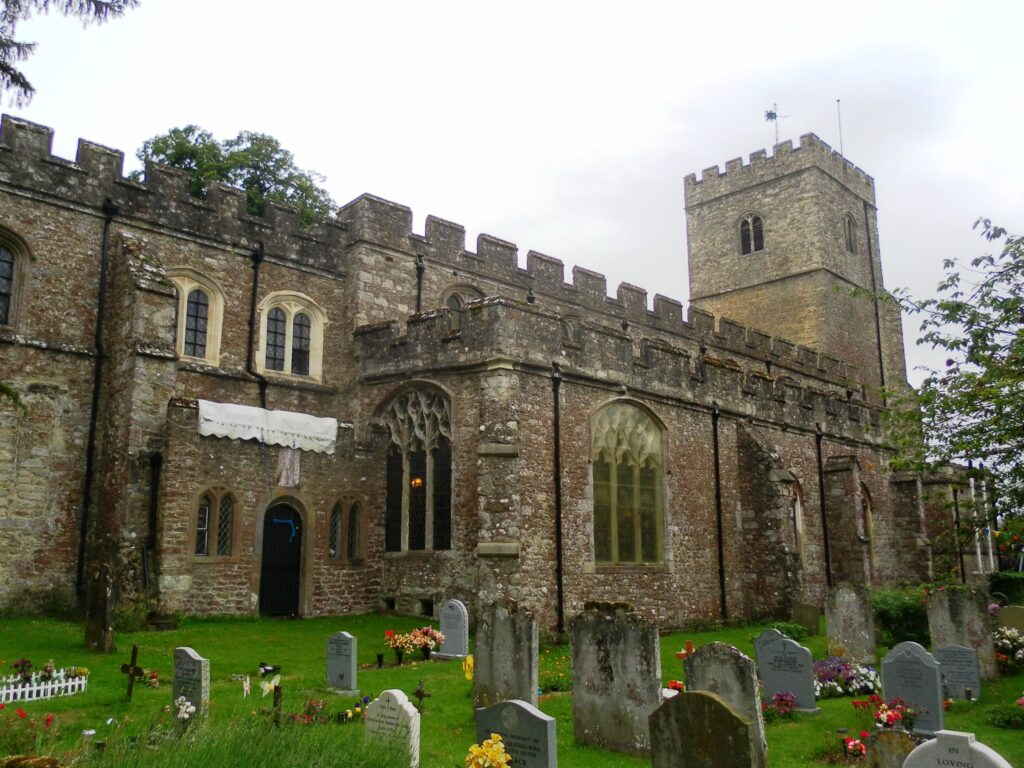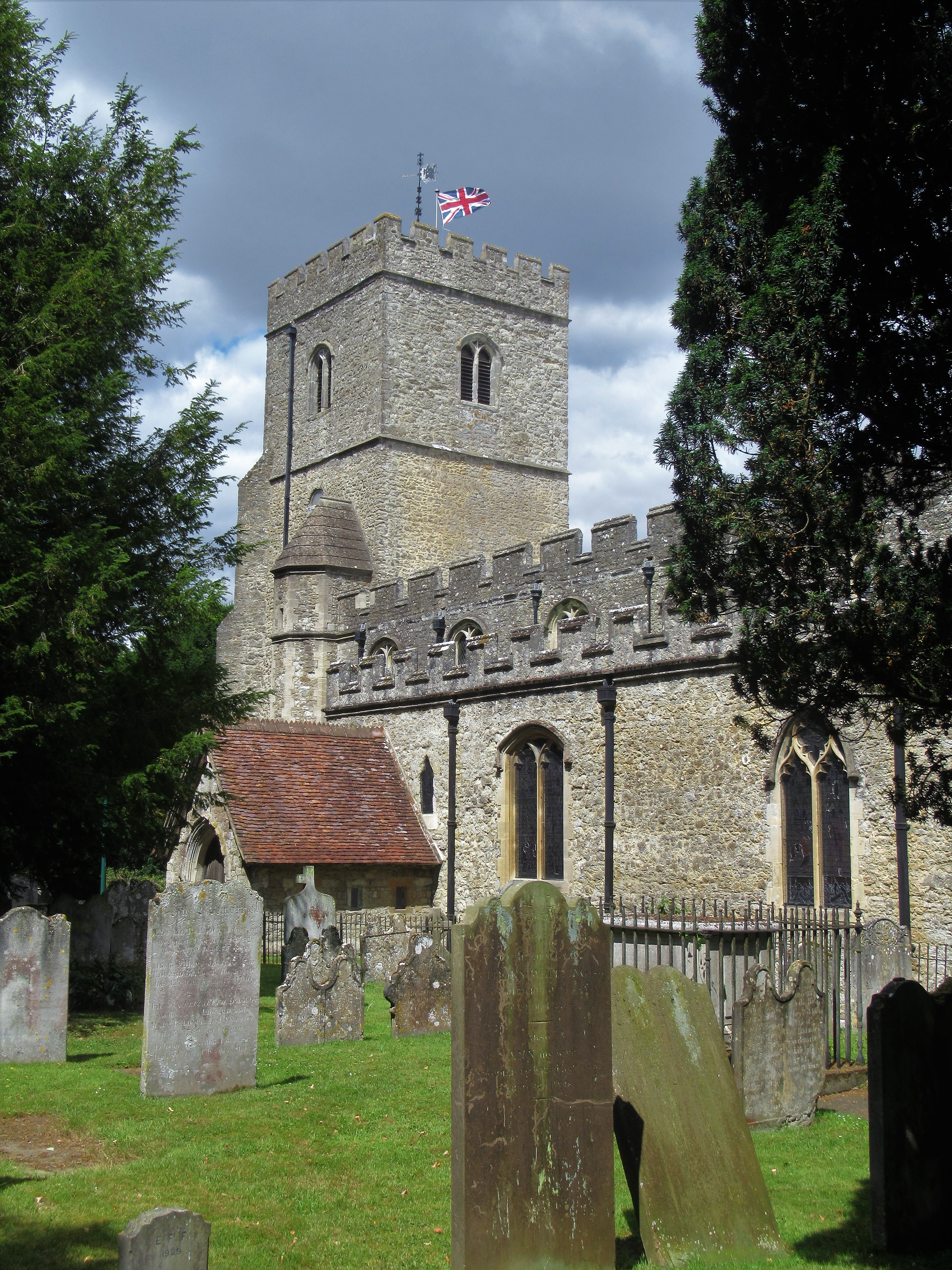![]()

St James the Great, credit Wikipedia
Endnotes Extra
by Stuart Millson

50 Years of the East Malling Singers
One of Southern England’s most ambitious amateur choral societies celebrated its half-century, with a concert on Saturday 9th July of mainly British choral-orchestral music – a programme which also paid tribute to Her Majesty the Queen’s Platinum Jubilee. Charismatic conductor Ciara Considine raised her baton before a packed St. James the Great Church (a large performance space in the heart of Kent) – her performers numbering over sixty: a fifty-strong choir and orchestra of some 13 players, with the highly-gifted organist, Nick Bland, providing a magnificent, fortifying, reverberant backdrop to the voices.
Vaughan Williams’s wartime Hymn of Freedom, with words by Canon Briggs of Worcester Cathedral, set the tone of the concert: that sense of national ardour and purpose emerging strongly, from a composer who served in the First World War and who sought, at the age of 68, a meaningful role in the Second. Parry’s Jerusalem of 1916 appeared at the end of the concert, but the Vaughan Williams hymn seemed to be a more modern mirror-image of that more famous work: a ‘Jerusalem’ for the era of the Blitz and blackouts, and the welfare state and United Nations which emerged from the ruins in 1945.
Another piece by Vaughan Williams set the heavens ringing: his, O Clap Your Hands – a piece for a cathedral, but still making a mighty impact at St. James the Great parish church – brass and the thrill of a clashing cymbal as a prelude to the choir launching forth with the words: “God is gone up with a shout…” – a moment of elation, which magically subsided with a horn call, which could easily have come from the first movement of the (wartime) Fifth Symphony.
John Rutter’s Gloria, first written for performance in the United States, offered much syncopation, and a finale much like Walton’s Belshazzar’s Feast – with a great choral span allowing the Singers to roar out: “Gloria, in excelsis deo” – with more than a few Amens to add to the sense of light streaming through church windows, on what was a golden July evening. The slow, magical, mystical second movement of the Gloria, saw chorus soloist, soprano, Anna Ashbee, pingingly on the note; her words supported by the low, subtle rumble of the large bass section.
Handel’s Coronation Anthem Zadok the Priest was confidently performed – the famous cry of “God Save the King”, sung with a martial precision that echoed throughout the church; the Singers – with a deep breath in their lungs – brought out the baroque glories of a work that has featured at so many coronations. Finally, the audience stood and joined in with Britten’s 1961 arrangement of the National Anthem: the Suffolk composer’s God Save the Queen beginning like a motet, and ending, with side-drum tattoo, like an exuberant Jubilee procession.
An uplifting evening and reassurance that classical music and the English choral tradition flourish beyond the concert-halls of London.
Stuart Millson is the Classical Music Editor of The Quarterly Review











It was as always a wonderful performance.
Wot no Rap, Garage, Grime or Drill?
Wot you finkin of, man?
“Grime is the foundation of British music” – Stormzy, aka Michael Ebenezer Kwadjo Omari Owuo Jr, a much-awarded Rapper regularly donating a fraction of his $25 million to Black Empowerment and suchlike.
According to “The Guardian”, 11 June 2022, “Grime” was an outlet for a generation of young people living through “unprecedented violence and social change” – “a heady mix of dancehall, jungle and UK garage, inspired by Jamaican ragga toasting and the story-telling of US hip-hop….the music’s influence is everwhere: from the raw energy of UK drill, to the streetwear and slang of Britain’s inner cities, via Top Boy, the acclaimed drama that stars many of the scene’s biggest names” – a movement that has “created so many careers”.
Obviously as British as Henry Purcell, our Spitfire heroes and a full English breakfast, obvs.
“Of all the genres and subtypes – Grime, Garage and so forth, names redolent of inversion of the value placed on beauty and ugliness…the worst is Rap…. Insensate anger is what Rap evokes…. It is not perhaps surprising that the careers of several famous Rap ‘artists’ have been terminated by murder.” – Theodore Dalrymple, “Salisbury Review”, Spring 2022.
“Late urban empty existence which has brought in Negro dancing to perform the funeral march for a great culture” – Oswald Spengler, July 1933.